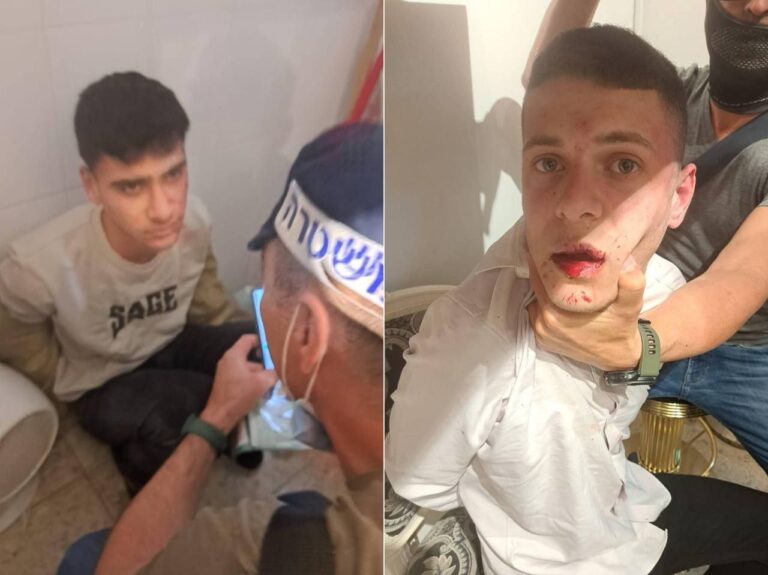[By Rabbi Yair Hoffman for the Five Towns Jewish Times]
It is a question that comes up every year when Yeshivos and Bais Yaakovs go away to summer camps for Shabbatones and Retreats. These retreats usually take place in May and June. The students are set up in bunk houses. True, the bunk houses are cleaned, but there is only so much that the cleaning staff can do.
THE QUESTION
The question is somewhat delicate, but since it is applicable to the laws of Shabbos – it needs to be discussed. One of the students uses the toilet, but unfortunately, a bug has lodged itself in the toilet. If one flushes – one kills the bug. If one doesn’t flush, well, that is a breach in kavod habri’os – human dignity. What is the halacha?
THE PROHIBITION
The Gemorah in Shabbos (107b) tells us that the Torah forbidden Malacha of Shochait – slaughtering – even includes taking the life on an insect. However, we know that this only applies if one benefits from it, such as eating it or deriving some chemical from it. The Shulchan Aruch (Orech Chaim 316:8) clarifies that killing a creature with no benefit is a Rabbinic prohibition. That being the case, the aforementioned dilemma becomes applicable.
KAVOD HABRIOS
When it comes to matters involving human dignity, however, there are times in which the Poskim point to leniencies. The rationale is that the Rabbis did not create the prohibition when it would violate human dignity. This concept should only be applied by Poskim who are familiar with how and when to apply this concept.
DAYAN WEISS’S VIEW
Dayan Yitzchok Yaakov Weiss zt”l in his Minchas Yitzchok Vol. X #27 addresses this very issue and concludes that it is permitted based upon a number of factors: Firstly, the flushing is only indirectly killing them and the issue is that of Kavod HaBrios – basic human dignity. The actual killing of the insect itself is not being done for food or for its skin – it is therefore a Rabbinic prohibition alone. We can thus apply the rationale that under such circumstances the Rabbis never made their prohibition. Rav Vosner zt”l (Vol. VI #94) also rules permissively in such a case.
WHAT IF THERE ARE OTHER BATHROOMS?
We can distinguish between the cases where the bathroom was not yet used and the case where the bathroom was already used. When it was used already, one may still flush because it is not kavod habrios to leave the possibility of someone else entering and seeing an unflushed toilet. Even if it was not yet used, causing someone to travel or delay using the facilities is also a problem of Kavod HaBrios. Of course one should consult his own Rav or Posaik for these questions, unless of course it is too embarrassing to do so – in which case that too may be considered Kavod HaBrios.
One final thought. If there is a genuine concern for the zika virus in that area, or another dangerous disease, then most Poskim would permit killing a mosquito that has entered the house.
The author can be reached at [email protected]







One Response
With all due respects to Rav Hoffman (I happen to love his articles) there is a basic flaw in the assumption that bugs are killed when they are flushed down the drain or sewer. It is not neccessarily true; many bugs live and thrive in the sewer system.
Although I do not recommend everyone to open sewer pipes, if you do you will see many thriving cockroaches and other assorted bugs.
So it is possible that they will not die and therefore it should not be assumed that flushing them down is akin to killing them.